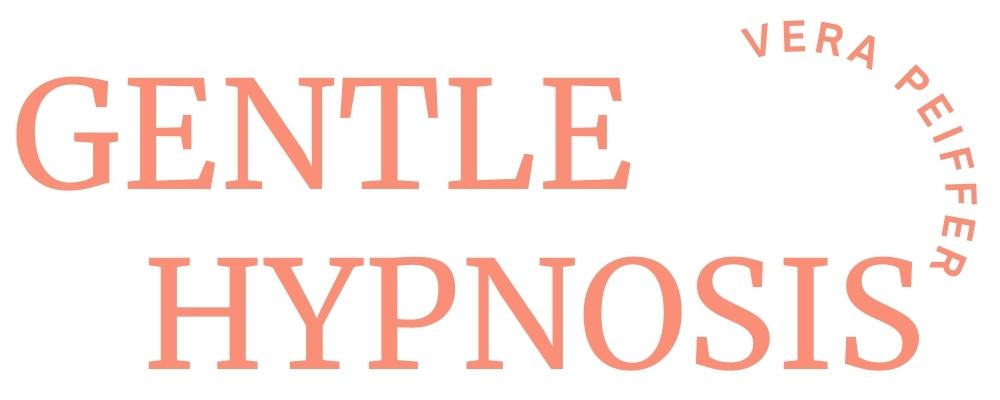
Vera Peiffer BA (Psych) FAPHP MNRPC (UK)
Fellow of the Association for Professional Hypnosis and Psychotherapy
Member of the National Register of Psychotherapists & Counsellors
About Vera Peiffer
I have been in full-time practice as an analytical hypnotherapist since 1986 and also hold additional qualifications as health kinesiologist. I have been practising health kinesiology since 1999.
I hold a degree in psychology (BA) and further diplomas in hypnotherapy, Thought Field Therapy (TFT) and Emotional Freedom Technique (EFT).
I am founder and principal of The Peiffer Foundation, an organization which runs courses and workshops for practical life skills, teaching self-hypnosis and visualization techniques that have been developed from my work at the practice.
I studied with Ursula Markham at the Hypnothink Foundation in Cheltenham and with the International Association of Hypno-healing in Southport. I later integrated my knowledge of Gestalt Therapy and Family Constellation into my work as a hypnotherapist.
For a list of my many published books, please scroll down.
Books
I have written books in German and in English. Many of the books have been translated into a number of other languages.
English Books
- Positive Thinking (Thorsons)
- More Positive Thinking (Element Books)
- Positively Fearless (Thorsons)
- Positively Single (Element Books)
- How to Cope With Splitting up (Sheldon Press)
- Principles of Hypnotherapy (Thorsons)
- The Energy Technique (Thorsons)
- Positive Living (Little Brown)
- Total Stress Relief (Little Brown)
- Inner Happiness (Little Brown)
- Banish Bad Habits Forever (Little Brown)
German Books
- 7 Wege führen zum Traumpartner (Midena Verlag)
- Aktiv-Programm Positives Denken (Midena Verlag)
- Erfolgs-Intelligenz (Midena Verlag)
- Nur Keine Angst! (Knaur)
- Nur Kein Stress! (Knaur)
- Wie Sie lernen, nein zu sagen (Droemer Knaur)
- Das Positiv-Denken Lesebuch (Knaur)
- Hypnotherapie (Goldmann Verlag)
Research
Research
Research has focused on a variety of physical functions which are measured before, during and after hypnosis and found that, while a person is in hypnosis, the breathing rate and heart beat slow down, the bronchi of the lungs dilate, blood pressure drops and the production of stomach acid is reduced. Scientists have observed that, even in people who experience only a light trance, white blood cells cling more firmly to blood vessels, which is thought to increase the body’s immune efficiency. The body also produces more immune-enhancing lymphocytes while under hypnosis which could explain why hypnosis has been used successfully in the treatment of cancerous cells.
Pain reduction through hypnosis
Lanfranco RC, Canales-Johnson A, Huepe D (2014) Hypnoanalgesia and the study of pain experience: from Cajal to modern neuroscience.’ Front.Psychology Sept 30, 5 -1126.
Readjusting distorted perceptions through hypnosis
Woodard FJ (2014) ‘Perceptually-oriented hypnosis: removing a socially learned pathology and developing adequacy: the case of invisible girl.’ Psychol Rep 115(2); 545-64.
Skill enhancement through hypnosis
Sroka G, Arnon Z, Laniado M, Schiff E, Matter I (2014) ‘Hypnosis-induced mental training improves performance on the Fundamentals of Laparoscopic Surgery (FLS) simulator.’ Surg Endosc. Oct 11.
Effectiveness of hypnosis for IBS
Lee HH, Choi YY, Choi G (2014) ‘The efficay of hypnotherapy in the treatment of irritable bowel syndrome: a systematic review and meta-analysis.’ J Neurogastroenterol Motil 20(2); 152-62.
Overcoming dental phobia with hypnosis
Facco F, Zanette G, Casiglia E (2014) ‘The role of hypnotherapy in dentistry.’ SAAD Dig. 30:3-6.
Hypnosis to help childhood anxiety
Kaiser P (2014) ‘Childhood anxiety and psycho-physiological reactivity: hypnosis to build discrimination and self-regulation skills.’ Am J Clin Hypn.56(4); 343-67.
Research into brain activity during hypnosis
Vanhaudenhuyse A, Laureys S, Faymonville ME (2014) ‘Neurophysiology of hypnosis.’ Neurophysiol Clin. 44(4); 343-53.

